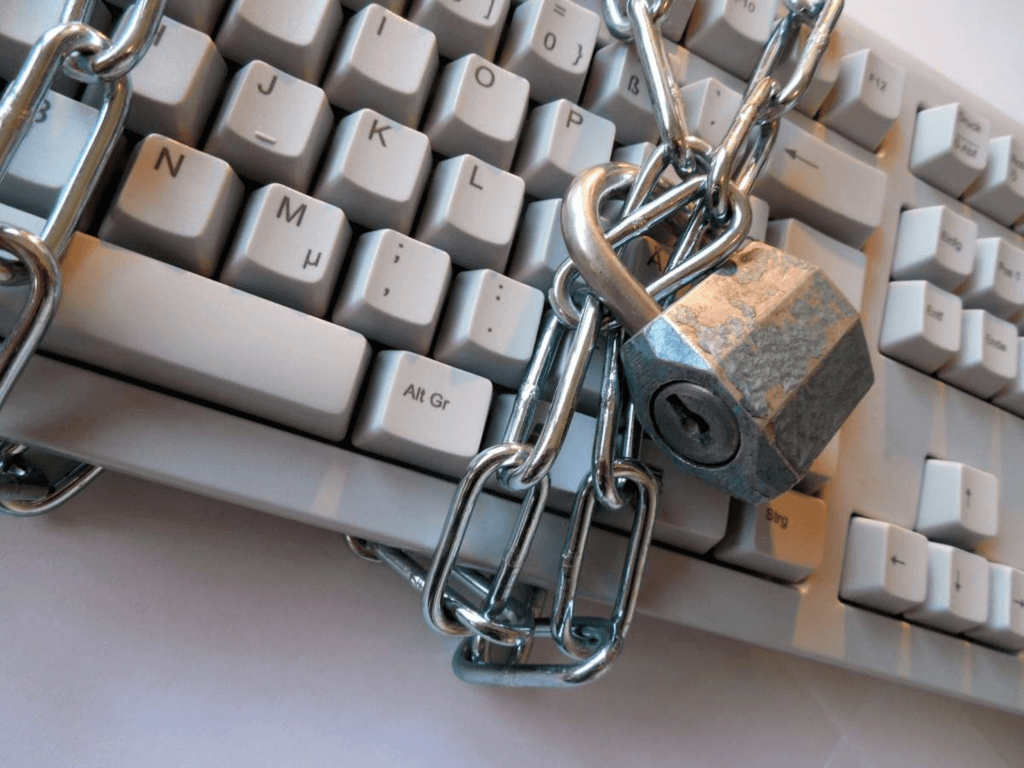Data Privacy Day
(Also known as Data Protection Day)
Data Privacy Day is observed next on Wednesday, January 28th, 2026 (5 days from today).

Every year January 28, known as Data Privacy Day, is a worldwide effort to raise awareness about the importance of privacy. This day also highlights ways to protect personal information, reminding businesses and organizations that privacy is an important factor for sustainable development.
The security of personal information is a matter of concern and growing importance. For a long time, the situation of revealing, even buying and selling personal information, has caused many troubles and social consequences.
It's very simple, just one operation on the internet, type into Google phrases, such as: "Buy customer data", "buy customer list", "buy customer information"... Books appear with many attractive offers to buy and sell. Information about any customer is available, such as: VIP group, group of scientists, people with positions, business groups, high-income groups, industries, companies... The purchase sell just transfer money. From personal information such as: Name, job, address, phone number, email, to sensitive information, such as: Position, children, relatives, property... all have been used for commercial purposes; followed by a series of personal consequences. Not only annoying phone calls, emails, spam such as real estate offers, insurance products, school offers, loans..., more dangerously, personal information can be affected the lives and safety of individuals and their loved ones if the information falls into the wrong hands.
In the era of information explosion, science and technology has developed strongly as today, personal information is considered as an asset, a very valuable "resource", so it has been transformed into commercial purpose to get profit. These events have greatly affected the lives of many people. This is also a violation of human dignity, a violation of the law.
History of Data Privacy Day
Data Privacy Day is not well known in the world, but has important meaning in the digital age.
In Europe, known as "Data Protection Day", "Data Privacy Day" is an annual international event on January 28. Its purpose is to raise awareness and promote action for privacy and data protection. This day is being officially observed in the US, Canada, Israel and 47 European countries.
This day, initiated by the Council of Europe, was first celebrated in 2007 as "European Data Protection Day". Two years later (January 28, 2009), "National Data Privacy Day" began to be recognized in the US, with the House of Representatives and Senate voting to pass it respectively.
Previously, the "Convention on the Protection of Individuals in the Automated Processing of Private Data" was signed by the Council of Europe on January 28, 1981. The Convention is currently in the process of being updated to address new legal issues caused by technological developments. Some other related documents include the "Cyber Crimes Convention", or Article 8 of the "European Convention on Human Rights".
The educational goal of "Data Privacy Day" focuses on raising awareness among businesses and users about the importance of protecting personal information online, especially in evolving social media landscape.
In addition, this day is intended to facilitate events and activities that promote the development of technology in controlling personal information, encourage compliance with privacy laws and regulations, as well as create dialogue among stakeholders in enhancing data protection and privacy.
Some of the organizations that participated in 2016 "Data Privacy Day" event include Carnegie Mellon University, Georgetown University, US Federal Trade Commission (FTC), US Federal Communications Commission (FCC), ), the US Federal Bureau of Investigation (FBI), the Canadian Privacy Commission, the British Information Commission, the Anti-Phishing Working Group...
Ways to secure personal and business data:
For individuals:
– Don't click on strange links
Sometimes you will encounter the situation of receiving strange links from messages, or Gmail but cannot distinguish whether it is a safe link, especially for those who have little experience in using computers. Accidentally accessing these strange links will create an opportunity for crooks to steal your information.
To ensure safety before accessing a link, you can perform a domain name check on Google's search engine first to know the authority rating of this link.
In addition, there is a feature to recognize strange links that often have sensational titles, and if you find yourself instantly hooked, you should be careful with this type of link!
– Use hard-to-guess passwords
This is probably a common mistake when many people often choose fairly common passwords like 123456 or abcdef to make it easy to remember. This has made it easier for criminals to access social networking accounts or more dangerous credit cards with just a few simple attacks.
Try to set a password that contains both uppercase, lowercase letters, symbols and numbers to improve the security of your password. If you are afraid that you will be absent-minded, you can make a note in a notebook, or a piece of paper and keep it in your wallet to avoid forgetting.
– Change your password periodically
Changing your password regularly will help limit the risk of hackers guessing your password. The tip here for you is that you should have a few passwords, then change them back and forth every 3 months between those passwords.
– Don't trust people you know through the internet
As for "inviting" messages from people you just met online, you should be wary of them, and absolutely never give any of your personal information to them.
And even with acquaintances, if they have unusual expressions, and ask for something from you, you should also be vigilant because their account may be controlled by any bad guy.
– Do not share personal information indiscriminately
Many people often unintentionally post pictures of their personal information on social networking platforms, such as flight information, bank account information, etc. If forced to send or post images, you should blur it first!
– Always check the service provider website
There are a number of websites that pretend to be on the internet these days to gain information and access to your important data such as your social media accounts. So you can double check with Google Search to see if this is the original website or not.
– Remember to log out
When logging in to use online services, or linking to bank accounts to perform transactions with public devices, you should log out after using them. Staying connected can make you a victim of technology crime through security holes
– Don't install strange, unknown software
Absolutely never install software that does not originate on the Internet, and it is best to install it through app markets, or at least through official websites.
– Read the terms carefully before using
This is probably the thing that many people often overlook because they think it is an unnecessary thing to do. However, this is important because you will be aware of how much data the application provider is collecting from you and have the right to refuse use if these terms violate your right to your own privacy.
– Use a reputable antivirus tool
If possible, invest in anti-virus software on your computer/laptop device. This will help you quickly detect malicious codes (malware) that are active in your device, and will have the next solution quickly.
For Businesses:
– Plan to synchronize and back up data on a regular basis with a reputable storage platform, especially after a change and update of new personnel. Always have a scenario to respond in time when an incident occurs, avoiding data loss.
– Set up a secure internal network by using programs and software that support high security features. If possible, the enterprise should have an expert with knowledge of security and data security of the enterprise who is responsible for monitoring the implementation of security measures and processes to ensure data safety.
This will help reduce the risk of hackers entering and stealing information.
– Secure working equipment system by: Using data encryption software; Install licensed Anti-Virus Software and enable full features; Always update to the latest operating system versions.
- Develop a clear security policy for each rank and position.
– Decentralize access to the data system: Only the Board of Directors and relevant departments can view and manipulate data related to personnel information.
– Raise employees' awareness of personal and business information security. There are technical guidance documents as well as notes, supporting its employees in protecting data.
Observing Data Privacy Day
To celebrate Data Privacy Day, the best you can do is take steps to secure your data like changing the passwords of some of the apps you access frequently. Besides, this day also encourages you to learn more about data security, encouraging you to share your insights with the people around you with your story. Use the hashtag #DataPrivacyDay.
Observed
Data Privacy Day has been observed annually on January 28th.Dates
Sunday, January 28th, 2024
Tuesday, January 28th, 2025
Wednesday, January 28th, 2026
Thursday, January 28th, 2027
Friday, January 28th, 2028
Founded by
Council of Europe in 2007


